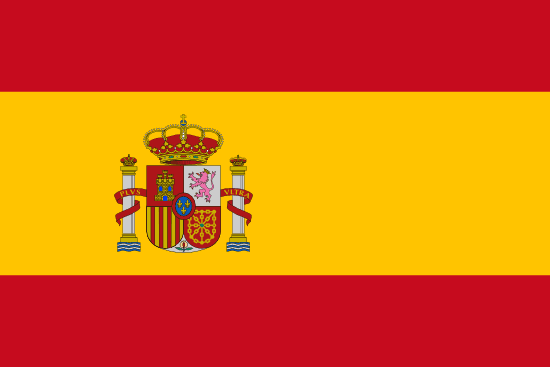"Valencia, la millor terreta del món | Valencia, the best little land in the world"
About:
Valencia, Spain, was founded by the Romans in 138 BC. It was later ruled by the Visigoths and Moors before being incorporated into the Kingdom of Castile in 1238. Valencia flourished during the 15th-16th centuries, experiencing a cultural golden age. The city endured hardships during the Spanish Civil War and Franco's dictatorship. Since Spain's transition to democracy in the late 20th century, Valencia has seen significant modernization and growth, becoming a prominent cultural, educational, and economic hub.
When to visit:
Valencia, a vibrant city on the eastern coast of Spain, is a popular tourist destination known for its stunning architecture, rich history, and delicious cuisine. The best time to visit Valencia is during the spring and fall months, specifically from March to May and September to November, when the weather is mild and pleasant. During these seasons, you can enjoy exploring the city's attractions, such as the City of Arts and Sciences, the historic old town, and the beautiful beaches, without the crowds of peak summer months. Additionally, Valencia is famous for its festivals, including Las Fallas in March and La Tomatina in August, offering unique cultural experiences for visitors.
When to avoid:
The worst time to travel to Valencia, Spain on a holiday is during the peak summer months of July and August. During this time, the city experiences scorching temperatures, with daily highs often exceeding 90°F (32°C). The intense heat can make sightseeing and outdoor activities uncomfortable and challenging. Additionally, these months are also the busiest in terms of tourist crowds, leading to long lines and crowded attractions. It is advisable to plan your visit during the shoulder seasons of spring or fall to avoid the extreme heat and crowds.
Winter (Dec-Feb)
Winter in Valencia, from December to February, is the coldest and wettest part of the year. Average temperatures range from 8°C to 17°C. Rainfall peaks in October and November, but winter sees frequent showers, with monthly averages of 30-40mm. Despite this, Valencia enjoys an average of 5-6 hours of sunshine daily during winter, with moderate cloud cover. An average day for a visitor might involve a brisk morning walk under partly cloudy skies, an afternoon rain shower, followed by a sunny yet chilly evening.
Valencia Summer (June - September)
The warmest part of the year in Valencia, Spain, typically spans from June to August, with July being the hottest month. During this period, the average high temperature ranges from 28°C (82°F) to 30°C (86°F), and the average low ranges from 18°C (64°F) to 21°C (70°F).
Rainfall is minimal during these months, with July being the driest month of the year. The average rainfall in summer is less than 10mm per month.
The city enjoys abundant sunlight during the warmest part of the year, with an average of 10-11 hours of sunshine per day. This makes it an excellent time for outdoor activities and beach visits.
Humidity levels are typically moderate, averaging around 65-70%. However, it can feel more humid due to the heat, especially in August.
Cloudiness is relatively low in summer, with clear or mostly clear skies prevalent. This contributes to the overall sunny and warm weather.
A typical day for a visitor during the warmest part of the year in Valencia feels hot but manageable, thanks to the coastal breezes. The mornings start warm, leading to hot afternoons, and the evenings are comfortably warm. The minimal rainfall and abundant sunshine make it a perfect time for sightseeing, enjoying local cuisine in outdoor cafes, or relaxing on the beach. However, it's advisable to stay hydrated and wear sun protection due to the strong sun and heat.
Language:
Valencian and Spanish are the two most commonly spoken languages in Valencia. Valencian, a variant of Catalan, is the region's own language and is used in local administration and education. Spanish, the official language of Spain, is universally understood and widely spoken. Both languages coexist and are often used interchangeably in daily life.




